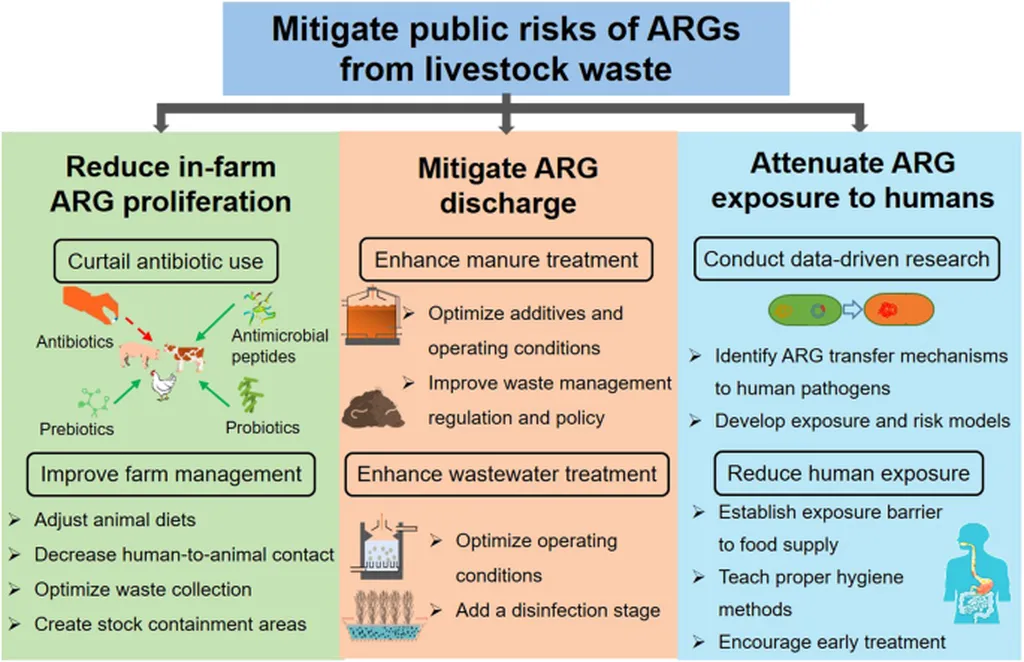In the heart of Norway, a nation renowned for its progressive approach to agriculture and animal health, a groundbreaking study is reshaping the way we think about antimicrobial resistance (AMR) in livestock farming. Led by Richard Helliwell from the Ruralis – Institute for Rural and Regional Research in Trondheim, this research delves into the complexities of governing AMR amidst a backdrop of uncertain futures. Published in the journal ‘Frontiers in Veterinary Science’ (translated to English as ‘Frontiers in Animal Science’), the study employs scenario planning to envision plausible future challenges and identify strategic responses, offering a roadmap for maintaining Norway’s impressive track record in low antibiotic use and AMR prevalence.
The study’s innovative approach involved engaging Norwegian agricultural, animal, and public health stakeholders in a participatory strategy development process. This collaborative effort aimed to understand how to sustain existing governance capabilities and outcomes in an uncertain future. “We wanted to understand how to maintain the progress we’ve made in managing AMR, given the evolving social, political, economic, technological, and environmental landscapes,” Helliwell explains.
The participants identified three critical drivers of change that could significantly influence the development of Norwegian livestock farming and AMR governance: state resource prioritization of agriculture, trust in institutions, and global geopolitical conditions. These drivers were seen as pivotal in shaping the future of animal health and AMR management.
The study highlighted several key threats, including the erosion of trust, which could impact the culture of organizational collaboration on animal health, and the loss of capacity and solidarity in the context of declining numbers of farmers and veterinarians. These challenges could create tensions between winners and losers, further complicating AMR governance.
To mitigate these risks, the participants proposed several strategic actions. These included the development of strong local networks of farmers, the integration of veterinary and farm advisory services, and the utilization of artificial intelligence and data technology to improve national animal health monitoring. Helliwell emphasizes, “Sustaining the institutional and economic structures that are preconditions for work on AMR and animal health is crucial.”
The findings of this study have significant implications for the livestock farming industry and the broader agricultural sector. By understanding the potential future challenges and developing strategic responses, stakeholders can better prepare for and adapt to changes, ensuring the continued success of AMR governance efforts.
Moreover, the study’s participatory approach offers a valuable model for other countries and industries grappling with complex, long-term challenges. By engaging stakeholders in the scenario planning process, the study demonstrates the power of collaboration and collective action in addressing wicked problems like AMR.
As the world continues to face the threat of antimicrobial resistance, this research provides a timely and critical contribution to the field. By offering a roadmap for maintaining progress in AMR governance, it paves the way for a more resilient and sustainable future for livestock farming and animal health.

